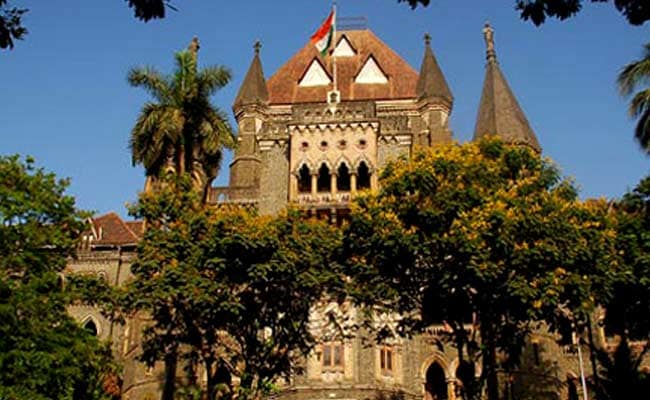
Supreme Court has set aside the Bombay High Court order granting bail to three men accused of murder
NEW DELHI:
Three men controversially let off on bail by the Bombay High Court last year have been ordered back to jail. The Supreme Court has cancelled last year's high court order that observed the three men facing charges of beating a Muslim man to death in 2014, "were provoked" to kill a Muslim man "in the name of religion".
The top court noted that the reason cited by the high court could be "understood or misunderstood" almost as a mitigating circumstance or a kind of a justification for the murder.
".. and it is obvious that the fact that deceased belonged to certain community cannot be a justification for any assault, must less a murder," Justices SA Bobde and L Nageswara Rao observed in their order last week.
Mohsin Shaikh, 28, was on his way to dinner with a friend in Pune on 2 June 2014 when they were dragged off their motorbike by a group of men armed with hockey sticks, bats and stones. Mohsin was brutally beaten and was left bleeding and unconscious on the road. He died.
Ganesh, Ajay Dilip Lalge and Vijay Rajendra Gambhire were among the 21 people arrested for the murder.
Setting them free on bail in January last year, High Court judge Mridula Bhatkar said in her order: "The fault of the deceased was only that he belonged to another religion. I consider this factor in favour of the accused. Moreover, the accused do not have any criminal record and it appears that in the name of the religion, they were provoked and have committed the murder".
The Supreme Court, which called the judge's order "cryptic", said it was possible to understand a reference to the community of the parties involved but it was difficult to understand why the judge made these remarks.
Underlining that a court "cannot make such observations which may appear to be coloured with a bias for or against a community", the Supreme Court ordered the high court to consider the bail applications afresh, and this time, rule on the merits of the case.
The top court noted that the reason cited by the high court could be "understood or misunderstood" almost as a mitigating circumstance or a kind of a justification for the murder.
".. and it is obvious that the fact that deceased belonged to certain community cannot be a justification for any assault, must less a murder," Justices SA Bobde and L Nageswara Rao observed in their order last week.
Mohsin Shaikh, 28, was on his way to dinner with a friend in Pune on 2 June 2014 when they were dragged off their motorbike by a group of men armed with hockey sticks, bats and stones. Mohsin was brutally beaten and was left bleeding and unconscious on the road. He died.
Ganesh, Ajay Dilip Lalge and Vijay Rajendra Gambhire were among the 21 people arrested for the murder.
Setting them free on bail in January last year, High Court judge Mridula Bhatkar said in her order: "The fault of the deceased was only that he belonged to another religion. I consider this factor in favour of the accused. Moreover, the accused do not have any criminal record and it appears that in the name of the religion, they were provoked and have committed the murder".
The Supreme Court, which called the judge's order "cryptic", said it was possible to understand a reference to the community of the parties involved but it was difficult to understand why the judge made these remarks.
Underlining that a court "cannot make such observations which may appear to be coloured with a bias for or against a community", the Supreme Court ordered the high court to consider the bail applications afresh, and this time, rule on the merits of the case.
Track Latest News Live on NDTV.com and get news updates from India and around the world

